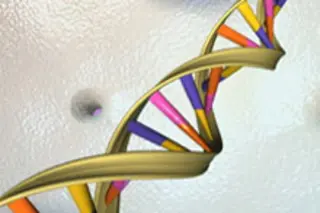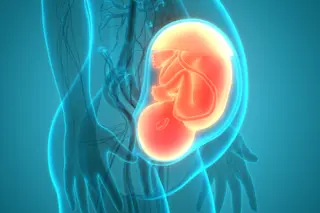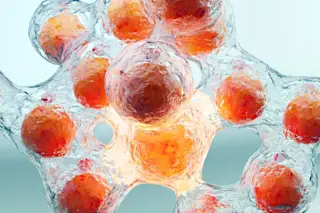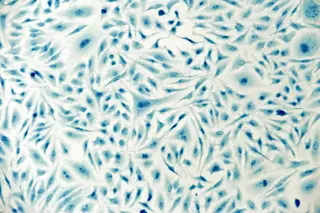Two large, international studies have independently found three genetic mutations that are linked to a greatly increased risk of schizophrenia, but say the rare mutations only account for a small percentage of schizophrenia cases. The identification of the three mutations is being hailed as a breakthrough, as no genetic factors had been definitively linked to the disease before. But in a finding of even greater importance, the studies suggest that there's no easy answer to the question of what causes the devastating mental illness. Instead of a common genetic problem, schizophrenia may be triggered by many rare mutations that cause subtly different variants of the disease. "What is beginning to emerge is that a lot of the risk of brain diseases is conferred by rare [genetic] deletions," [study author Kari] Stefansson said.... The new focus on rare mutations suggests that natural selection is highly efficient at removing schizophrenia-causing genes from ...
Researchers Find 3 Schizophrenia Genes—and Frustrating Complexity
Recent studies identify genetic mutations linked to schizophrenia, shedding light on the complex causes of this mental illness.
More on Discover
Stay Curious
SubscribeTo The Magazine
Save up to 40% off the cover price when you subscribe to Discover magazine.
Subscribe













